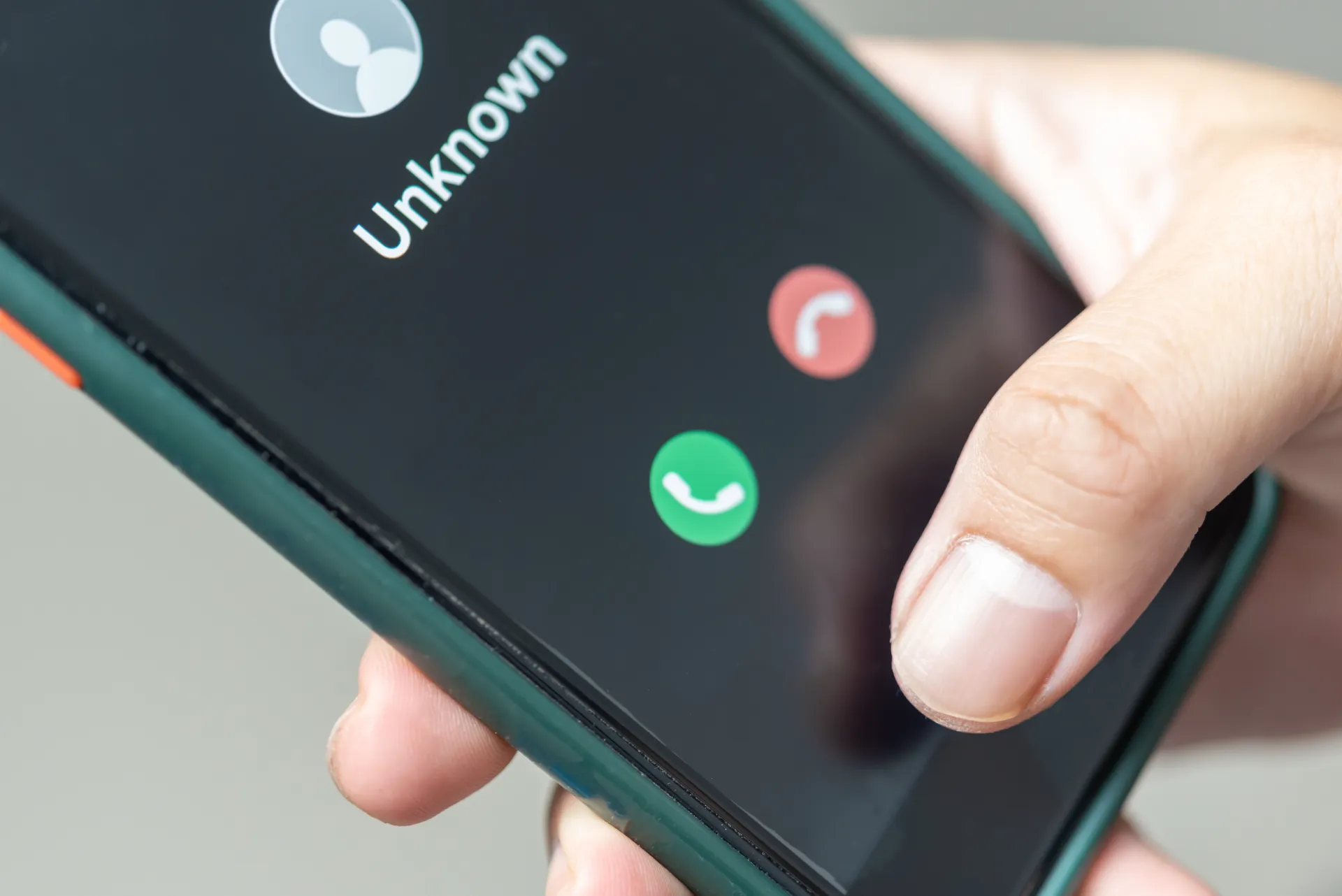
Don't Fall Prey to Phone Number Scams - How to Spot the Signs
Phone scams have become increasingly prevalent over the last few years. These deceptive phone calls are designed to trick people into revealing personal or financial details, which can then be used to steal money, gain access to bank accounts, or commit identity theft. This article will provide an overview of common phone scams and offer guidance on how to protect yourself from falling victim.

Common Phone Scams: Stay Informed and Stay Safe
Phone scammers are constantly developing new ways to deceive their targets. However, some common phone scams include:
Tax scams: In this type of scam, criminals pose as tax authorities, claiming the victim has an unpaid tax bill and demanding immediate payment. They may also threaten legal action if the payment is not made.
Investment scams: Scammers present fake investment opportunities, promising high returns with little risk. Victims are often pressured to transfer money quickly or face missing out on a lucrative opportunity.
Phishing scams: Criminals call victims pretending to be from a genuine organisation, such as their bank or phone provider, and request sensitive information like passwords, PIN numbers, or banking details.
Family member in distress: Scammers pretend to be a family member in trouble, asking for money to be sent immediately.
Text scams: Victims receive a text message that appears to be from their bank, phone provider, or another trusted source. The message usually contains a link that leads to a fake website designed to capture personal and financial information.

Identifying Suspicious Phone Calls
Protecting yourself from phone scams starts with being able to identify suspicious calls. Here are some tips to help you recognize potential scam calls:
Caller ID can be deceptive: Scammers often spoof their telephone number to make it appear as though the call is coming from a genuine organization or even from a local or familiar phone number.
Urgency and pressure: Scammers typically create a sense of urgency, pressuring victims to provide personal details or transfer money immediately.
Requests for sensitive information: Genuine organizations will rarely, if ever, ask for your personal or financial details over the phone. Be cautious when asked to provide this information during an incoming call.
Unsolicited calls: Be wary of unexpected phone calls, especially if the caller is asking for personal information or money.

What to Do If You Receive a Scam Call
If you suspect you've received a scam call, follow these steps to protect yourself and report the incident:
Don't engage: Hang up the phone immediately and avoid providing any personal or financial information.
Report the call: Contact your phone provider to report the incident and block the caller's number. You can also report the scam to Action Fraud, a national reporting center for fraud and cybercrime.
Contact your bank: If you've shared banking details during the call, contact your bank immediately to report the incident and secure your account.
Monitor your accounts: Keep a close eye on your bank and credit card accounts for any suspicious activity. If you notice any unauthorized transactions, report them to your bank immediately.
What to Do If You Fall Victim to a Phone Scam

If you've fallen victim to a phone scam, don't panic. Take the following steps to minimize the damage and protect your identity:
Report the incident: Contact your local police department, your bank, and your phone provider to report the scam. They can help guide you through the process of securing your accounts and monitoring for identity theft.
Change your passwords and PINs: Reset the passwords and PINs for your bank accounts, credit cards, and any other accounts that may have been compromised.
Monitor your credit: Keep an eye on your credit reports for any signs of identity theft. You can request a free credit report from each of the major credit bureaus once a year.
Stay vigilant: Be cautious of any future calls, messages, or emails that request personal or financial information. Scammers may try to target you again, using the information they've already obtained.

Preventing Phone Scams: Tips for Staying Safe
To reduce the likelihood of falling victim to phone scams, follow these best practices:
Don't answer calls from unknown numbers: If you don't recognize a phone number, let the call go to voicemail. Scammers are less likely to leave a message, and you can always return the call if it's from a real person or company.
Never share sensitive information over the phone: Remember that genuine organizations will rarely ask for personal or financial details over the phone. If you're unsure whether a call is legitimate, hang up and contact the organization directly using a verified phone number or email address.
Stay informed about current scams: Keep up-to-date with the latest phone scams and tactics used by criminals. Knowledge is your best defense against becoming a victim.
Use call-blocking services: Many phone providers offer services to block nuisance calls and suspicious numbers. Take advantage of these services to reduce the number of scam calls you receive.
Educate family and friends: Share information about common phone scams with your loved ones, particularly those who may be more vulnerable to these types of scams, such as the elderly or those less familiar with technology.
In Conclusion
Phone scams pose a significant threat to our personal and financial security. By staying informed about common scams, learning to recognize the signs of a scam call, and following the steps outlined in this article, you can protect yourself and your loved ones from falling victim to these unscrupulous criminals. Stay vigilant, trust your instincts, and never hesitate to report suspicious activity. Together, we can stay safe and outsmart phone scammers.